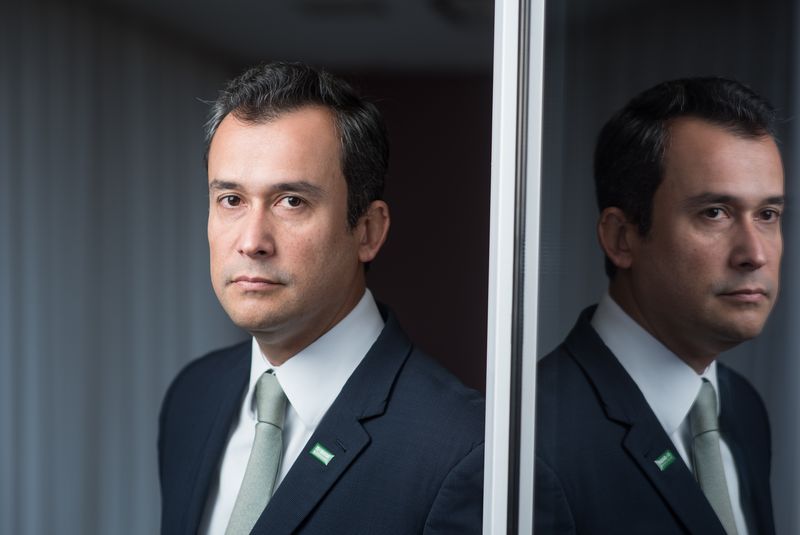Why is Anti-corruption a specific challenge in infrastructure projects?
Corruption is present in all layers of the society all over the world. Better structured societies have already experienced serious cases of corruption that impeded their development. They can remedy their mistakes and improve their citizens' awareness, but they are not able to eliminate future incidents. Developing societies have the same problem, but without the lessons learned about the damages caused by corruption. Unfortunately, it is still perceived to be an opportunity rather than a step back, with individual interests juxtaposing the collective interests of the modern society and pulling us away from our Sustainable Development Goals. Regrettably the topic became recurrent in our everyday lives. Corruption is one of the main barriers for investments in infrastructure projects. Large amounts of money, complex processes, and a lack of transparency all encourage corrupt practices.
What are the obstacles of ensuring RBC&AC in infrastructure projects?
Lack of transparency: only half of the G20 countries have published their infrastructure projects pipeline.
Missing or inefficient processes: the lack of processes or the existence of long and complex processes impede transparency and encourage corruption.
Questionable operation models: in the Sub-Saharan Africa, 70% of the water supplied by the companies in this area is lost due to leakage, lack of measurement or theft.
Complex taxes and regulations: the strengthening of international regulation reduces the interest in investing in projects abroad because of the complexity and possible manipulation of the processes.
Corruption: many infrastructure projects are considered to be highly attractive, but the relation between the investment risk and the financial return deters large investors.
Where do you see opportunities for improving RBC&AC in infrastructure projects?
Compliance has a preventive effect that justifies investments. Private corporations, many state-owned companies and even the government of several countries are strongly investing in adequate procedures that generate greater efficiency, transparence and security. Likewise, civil society plays an important role as it is not only the actual source of funds, but should also be the main beneficiary of infrastructure projects. A growing number of citizens fights for its rights and struggles to get better products and services. In addition, cases of non-compliance come into light more and more frequently.
I believe there are five core aspects in the fight against corruption, which also benefit societies in general:
Regulation: clear, feasible and disseminated rules, agreed by all in the society.
Education: training and capacity-building on concepts of integrity and ethics to engage all stakeholders.
Cooperation between different countries and regulatory and investigation spheres.
Transparency: tools to disseminate, monitor and follow-up public information.
Independence: freedom for investigating and judging cases of corruption.
How can B20 contribute to an improvement of RBC&AC in infrastructure projects?
Society, as well as the government and business leaders, bear the moral obligation of carefully considering the dilemmas of infrastructure development. The negative impacts usually disproportionately affect the poorest and most vulnerable individuals. While the improvement of public services typically benefits society, the risks and negative impacts of infrastructure development must also be considered from the outset in order to ensure sufficient protection for those affected. As a result of the sustainable development goals, the increasing need for infrastructure and the impact of climate changes, we must ensure that our investment decisions benefit society as a whole. It is about making the right decision on the long-term and about positioning ourselves on the right side of history.

